Earth
Sign up for our newsletter
We summarize the week's scientific breakthroughs every Thursday.
-
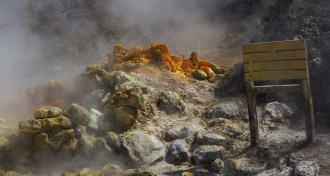 Earth
EarthNatural concrete keeps lid on Italian volcano
Naturally occurring, concretelike rock allows the ground around Italy’s Campi Flegrei caldera to bulge without bursting.
-
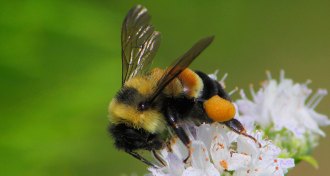 Climate
ClimateBumblebee territory shrinking under climate change
Climate change is shrinking bumblebee habitat as southern territories heat up and bumblebees hold their lines in the north.
By Beth Mole -
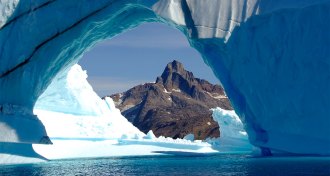 Climate
ClimateGreenland’s out-of-sync climate explained
Small variations in the sun’s activity cause big changes in Greenland’s temperatures decades later by altering ocean currents, new research suggests.
-
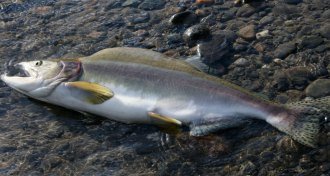 Climate
ClimatePink salmon threatened by freshwater acidification
Ocean acidification gets more attention, but freshwater systems are also acidifying. That’s a problem for young salmon, a new study finds.
-
 Earth
EarthLeap second helps us with the reality of time
A leap second will be inserted at the end of the day on June 30.
-
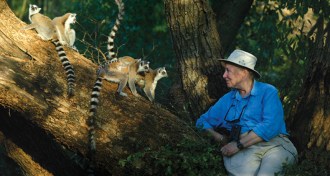 Life
LifeAlison Jolly’s last book chronicles efforts to save lemurs
In ‘Thank You, Madagascar,’ primatologist Alison Jolly, who spent decades studying lemurs, provides an insider’s account of the struggles that conservationists face.
By Erin Wayman -
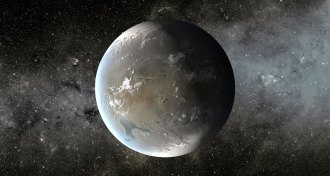 Astronomy
AstronomySuper-Earths are not a good place for plate tectonics
The intense pressures inside super-Earths make plate tectonics less likely, new research suggests.
-
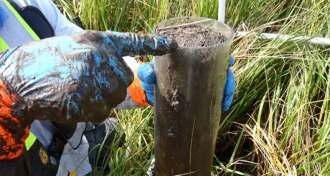 Environment
EnvironmentOil-munching microbes cleaning up Gulf marshes faster than expected
Microbes in some of Louisiana’s marshes are breaking down oil from the Deepwater Horizon spill faster than expected.
By Beth Mole -
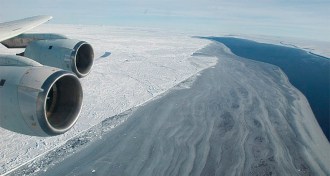 Earth
EarthFast-spreading crack threatens giant Antarctic ice shelf
A fast-spreading crack threatens Larsen C, one of Antarctica’s biggest ice shelves, satellite data suggest.
-
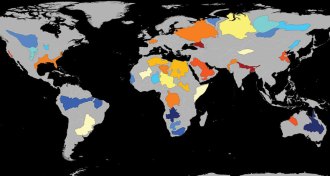 Agriculture
AgricultureMany of Earth’s groundwater basins run deficits
Twenty-one of Earth’s 37 largest groundwater basins are rapidly depleting, satellite data show.
-
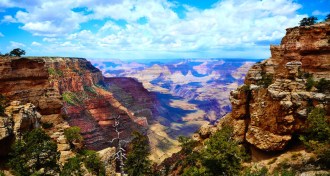 Earth
EarthDinosaurs may not have seen the Grand Canyon after all
New geologic comparisons peg the Grand Canyon’s inception well after dinosaurs went extinct.
-
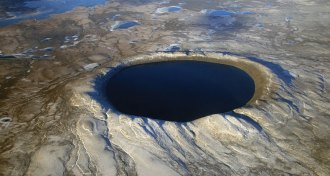 Earth
EarthMost of Earth’s impact craters await discovery
Hundreds of undiscovered impact craters probably dot Earth’s surface, new research estimates.